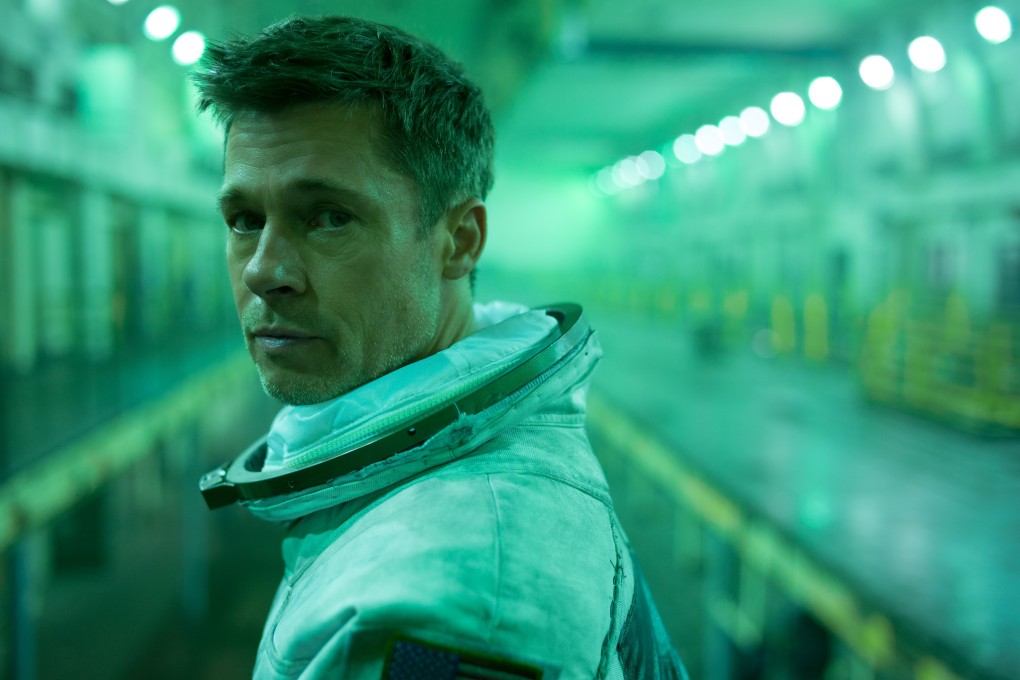Review | Venice 2019: Ad Astra film review – Brad Pitt shines in James Gray’s philosophical sci-fi masterpiece
- Brad Pitt gives a career defining performance in this beautifully shot and scripted film
- James Gray makes good use of his big budget, which is reflected in the set pieces and camera work

5/5 stars
Premiering in competition at this year’s Venice Film Festival, James Gray’s Ad Astra is a remarkable science fiction work that feels destined for major love in the coming awards season.
From films like Two Lovers to The Immigrant and The Lost City of Z, Gray has always produced such beautiful works. But Ad Astra, the seventh film of his 25-year career, is a huge step up, in terms of ambition, scope and execution.
Set in the near future, it is the story of Roy McBride (Brad Pitt), a highly capable astronaut who, when we first see him, narrowly evades death during an accident on the International Space Antenna, caused by a cosmic power surge.
Intriguingly, government officials believe these ray bursts have come from the planet Neptune, which McBride’s “legend” of a father, Clifford (Tommy Lee Jones), travelled to years earlier in charge of an exploratory mission called the Lima Project.
Clifford never returned, believed dead, but McBride is told that he may now be alive, and responsible for this Earth threatening surge. McBride’s mission is to travel to Mars, the furthest human-populated outpost in the solar system, where he can broadcast a message to the Lima Project in the hope of making contact with his father.